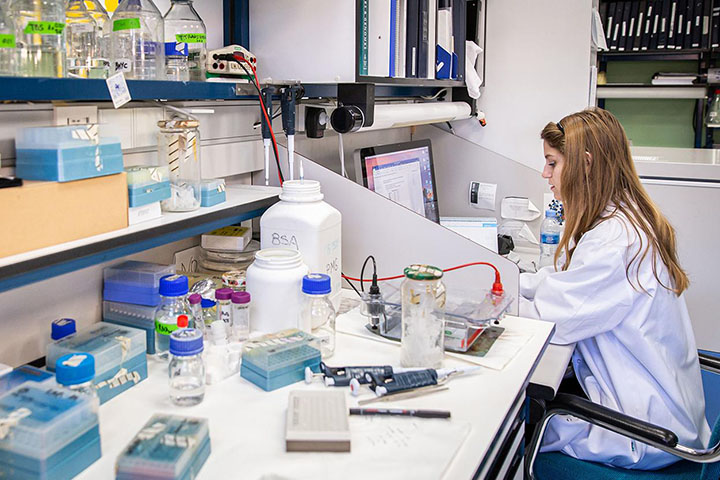The draft royal decree is submitted to the Council of Ministers.
This commission is an independent advisory body regulated by the Science, Technology and Innovation Act, and is attached to the Council for Science, Technology and Innovation Policy.
In the Science Law Reform Bill, which is currently undergoing the parliamentary process, the powers of this commission have been increased, as it will be the collective national reference body in matters of professional ethics, scientific integrity and responsible research.
The approval of this regulation will expedite the implementation of this body which will issue reports and recommendations on matters relating to scientific integrity, responsible research and the ethics of scientific and technical research.
Likewise, it will establish general principles for establishing rules of good practice for scientific and technical research, and will enhance training to prevent and avoid violations of scientific integrity.
A new phase of supplemental plans
The Council for Science, Technology and Innovation Policy also approved a new phase of complementary plans, research programs in strategic areas, jointly managed and funded by the Ministry of Science, Innovation and Autonomous Communities in the framework of the recovery. Planning, transformation and flexibility.
The agreement reached on Wednesday allows for the integration of the autonomous communities into the complementary plans through the R + D + I programmes, which will raise 21.3 million euros.
Specifically, the Basque Country will join the Supplementary Biodiversity Scheme. Galicia, Andalusia and Aragon will participate in the Complementary Plan for Biotechnology Applied to Health. Asturias and Extremadura will join the Agro Food group.
Likewise, Cantabria and Castilla y Leon will participate in the Complementary Plan for Renewable Energy and Hydrogen and the Valencia Community in the Quantitative Communications Plan.
For its part, Castilla La-Mancha will join the Advanced Materials Group, the Madrid Society for Astrophysics and High Energy Physics, while the Canary Islands and the Balearic Islands will join the School of Marine Sciences.
In total, the government has approved eight plans that will mobilize 466 million euros up to 2025, of which the Ministry of Science and Innovation will finance 299 million euros and the autonomous communities 167 million.
More than 200 research centers and universities will participate in these plans, in which more than 2,000 scientists and technicians from all over the country will work. In addition, these programs are expected to allocate 152 million euros to new employees, which means the employment of more than 1,000 researchers and technicians.
Council for Science, Technology and Innovation Policy
The Council for Scientific, Technological and Innovation Policy is the overall coordinating body between the State General Administration and the Autonomous Communities in matters of research, development and innovation. The main tasks of the council include:
Preparing, in cooperation with the Ministry of Science and Innovation, and reporting on its proposals Spanish strategy for science, technology and innovation (EECTI), the establishment of mechanisms to assess its development.
Learn about the state’s plan for scientific and technical research and innovation and the corresponding plans of the autonomous communities for the development of EECTI and ensuring the most efficient use of available resources and means.
Approval of standards for information exchange between the AGE and the Autonomous Communities in the framework of Science, Technology and Innovation Information System (SICTI), always respects the area of jurisdiction of different departments and the regulations on confidentiality and privacy of information.
Promote joint actions between or between the Autonomous Communities and the AGE, for the development and implementation of R&D&I programs and projects.
To propose general principles for the programming and regional distribution of non-competitive aid in research, development and innovation financed with EU funds, for consideration by the administrative authority.
Issuing reports and opinions requested by the Government or the Autonomous Communities.

“Social media evangelist. Student. Reader. Troublemaker. Typical introvert.”

:quality(85)/cloudfront-us-east-1.images.arcpublishing.com/infobae/TEQF6EONZRFGLLLDIDD4L2O4EE.jpg)

:quality(75)/cloudfront-us-east-1.images.arcpublishing.com/elcomercio/XU32LRAEZFDDPNVHLFU3CKVBYY.jpg)



More Stories
Venezuela ranks fourth in female leadership in science and technology in Latin America
In Portuguesa and Sucre they explore the wonderful world of science
The university court overturns the expulsion of two teachers and a chemical sciences student